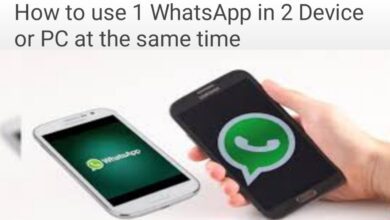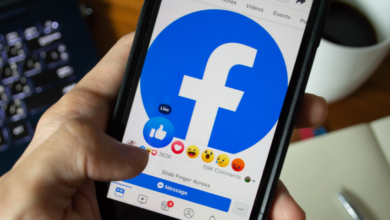Comprehensive Comparison of Phones, Smartphones, and Tablets

The market is flooded with a wide array of devices catering to our communication, entertainment, and productivity needs.
Among these, phones, smartphones, and tablets stand out as some of the most popular options.
With each offering unique features and capabilities, it’s essential to understand their differences to make an informed choice.
Different Comparisons of Phones, Smartphones, and Tablets
In this article, we’ll delve into the world of devices, comparing phones, smartphones, and tablets across various aspects.
1. Form and Functionality
Phones, smartphones, and tablets all serve as communication tools, but their form factors and functionalities differ significantly.
Phones are compact devices primarily used for voice calls and text messages.
Smartphones, on the other hand, are more versatile, offering internet access, app support, and advanced features like high-quality cameras and facial recognition.
Tablets bridge the gap between smartphones and laptops, providing a larger screen for media consumption, browsing, and light productivity tasks.
2. Portability and Convenience
Phones are the ultimate portable devices, easily fitting into pockets and small bags. Smartphones maintain a good balance between portability and functionality, while tablets are larger and less pocket-friendly but provide a better viewing experience for videos and games.
3. Performance and Processing Power
Phones and smartphones vary in terms of processing power, with smartphones generally offering better performance due to their more advanced hardware.
Tablets, being larger, often have more powerful processors, making them suitable for tasks that require more computing power, such as gaming and multitasking.
4. Display and Viewing Experience
Phones typically have smaller displays, which are adequate for tasks like checking emails and texting.
Smartphones offer larger screens with better resolutions, making them ideal for content consumption and light productivity.
Tablets have the largest screens among the three, offering an immersive experience for watching videos, playing games, and reading e-books.
As we’ve explored the differences between phones, smartphones, and tablets, it’s important to consider your personal needs and preferences when making a choice.
Whether you prioritize portability, performance, or a balance of both, the market offers options to suit various lifestyles.
FAQs
Can I use a tablet as a replacement for my laptop?
While tablets have become more powerful over the years, they might not fully replace laptops for tasks that require heavy processing, intricate software, or extensive typing. However, they can serve as a more portable alternative for casual browsing, media consumption, and light productivity.
Do all smartphones have the same camera quality?
No, smartphone cameras vary widely in terms of quality and features. High-end smartphones tend to have better cameras with advanced features like multiple lenses, optical zoom, and image stabilization. Entry-level phones might have more basic cameras.
Are tablets suitable for gaming?
Yes, tablets with powerful processors and good graphics capabilities are suitable for gaming. Many popular games are optimized for tablet screens, offering an engaging gaming experience.
Can I make regular voice calls from a tablet?
Some tablets offer cellular connectivity and can make voice calls using cellular networks. However, not all tablets have this capability. Additionally, there are apps available that allow voice and video calls over Wi-Fi.
Also Read: Top 10 AI Technology Startups to Watch in 2024





